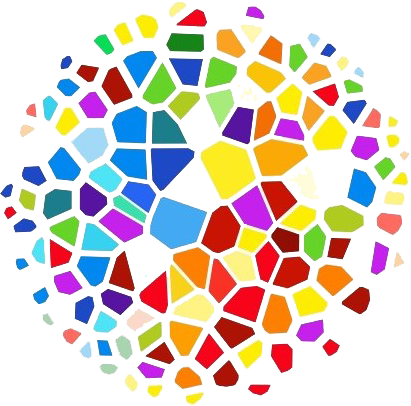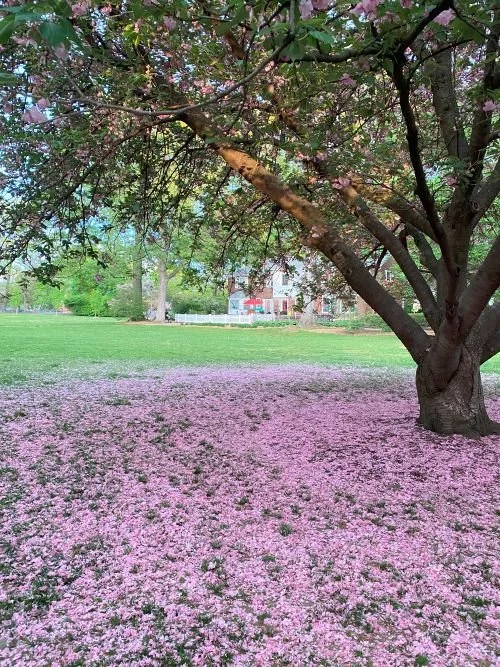King Solomon’s Paradox
Ever met a brilliant financial advisor whose personal finances are a mess?
A top-tier physician ignoring their own health?
A relationship guru on their fifth divorce?
A celebrated parenting expert whose kids won’t take their calls?
This strange but familiar phenomenon has a name: Solomon’s Paradox. Coined by psychologist Igor Grossmann, it’s named after King Solomon who was revered for his legendary wisdom in settling disputes and making sound judgments for others. Yet, his own life was supposedly riddled with poor decisions, bad alliances, and messy relationships.
Maria Montessori revolutionized early education, while remaining estranged from her own son.
Sigmund Freud unlocked our understanding of compulsive behavior, and yet could not control his own compulsions like smoking and neurotic handwashing.
Barbara De Angelis wrote a few playbooks on love and relationships, and collected ex-husbands like rare editions (one being John Gray, the author of Men Are From Mars, Women Are From Venus).
So what gives?
Solomon’s Paradox doesn’t mean that these experts were frauds. Far from it. The issue isn’t a lack of knowledge or expertise. It just turns that out we’re significantly better at solving other people’s problems than our own.
Why? Because when we help others, we can have distance. We take a broader view. Emotions are dialed down. Self-awareness and ego are not factoring in. When it’s our own life, we look at the situation from a different vantage point that is less helpful.
For a long time, I used to worry that teaching or coaching in a certain domain meant I had to embody flawless excellence in it 24/7. That’s why I don’t coach on parenting. (There are a couple of exceptions: I created and taught a workshop Survival Guide for Introverted Parents, but it was more about managing introversion than about parenting, and I led groups of parents in discussions on raising multicultural children). I also don’t generally coach on love and relationships, because I would rather not build my credibility on the luck of a 23-year-long-so-far marriage that started with a chance meeting that almost didn’t happen. Even with intuition, i.e. sensory-based knowing, which is one of my core areas of expertise, I still hear echoes of potential comments like “If you are so intuitive, why didn’t you see that coming?!”
Here’s the truth: mastering a skill and reliably applying it to your own life are two very different competencies. You can have both, but they don’t necessarily go together, and it is normal. It is a part of human nature.
How can you avoid falling into the trap of Solomon’s Paradox, in which you’re great at untangling other people’s challenges, but stuck with your own? Here are some research-backed ideas:
Talk to yourself like you’d talk to a friend.
Use third-person self-talk. Instead of “I’ve got this,” say “You’ve got this!” It’s not just semantics, it’s a tested psychological trick that creates the needed distance.
Describe your problem in writing as if it were someone else’s problem.
Write it in third person, without using “I”, “me”, or “my”. Step away. Then read it like it’s your colleague’s dilemma. What would you advise your colleague to do in that situation? That’s probably what you need to do, too.
Create your personal Wisdom Council.
Build a personal circle of peers who can coach you and challenge your thinking rather than judge, criticize, advise or rescue you. You can even make it a mutual engagement, where you can help each other from a fresh perspective.
Solomon’s Paradox reminds us that brilliance doesn’t always translate into better choices when we ‘re in the hot seat ourselves.
For executives, this realization should be liberating and sobering: your great ability to lead others doesn’t mean you’ll always manage your own business flawlessly.
And here is the twist: great leaders need to make it a point to build systems and relationships that remind them what they often already know when they’re too close to see it for themselves. In this sense, it sounds like even someone as wise as King Solomon could make greater use of trusted executive coaches.
With gratitude,
Alina
Dr. Alina Bas, PCC
Organizational Psychologist, Executive Coach & Strategist
Adjunct Professor, NYU Graduate School of Arts and Science
https://AlinaBas.com
Alina@AlinaBas.com
NEWS & UPDATES
I have recently finished a solid draft of an academic article on the science of intuiting, which will be co-authored with my former PhD advisor. Getting it published in a peer-reviewed journal is still a long process, but if this ambitious goal is achieved, we'll have an easily readable and comprehensive science-based explanation of intuiting and intuition. Between the writing, clients, travels, and personal projects, it's been too long since I've offered classes that are open to the public, but this is about to change! COMING UP:
-NJ/NYC area, in person: a 2-hr workshop "Intuition: Myths, Science, and Practice". As you know from my past classes on intuition, the title remains the same, but the content always changes, so if you're interested in the topic, I'd love to see you at the workshop. Time/Location: TBD, will let you know soon. Send me a note if you want to stay in the loop!
-Washington DC area, in person: a 3-hr workshop "The Next Chapter: Career and Life Adventures", possibly followed by an even more hands-on workshop, "Idea Party: Wish Materialization", to put into action all the ideas from The Next Chapter workshop. Time/Location: TBD, will let you know soon. Send me a note if you want to stay in the loop!
Would you like to host workshops like this for your group of friends or for your team? Let's talk about it.
NEWSLETTER
Did a friend share this with you? Please sign up for my newsletter and get your own free monthly-ish idea boost. Let's stay connected!
*****
RECENT ARTICLES
Effective alternative to ‘searching’
Create alignment for 2025
Making a wish when torn beetween outcomes
What will you remember?
How will things end?
The Marvin Syndrome: Brilliant & Underutilized
Choose your mess
An antidote to loneliness
What comes after crisis
A fresh start
Vonnegut's Take on Your Career
How to talk to a person in crisis
Tiny interactions, huge impact
Our New York love story






